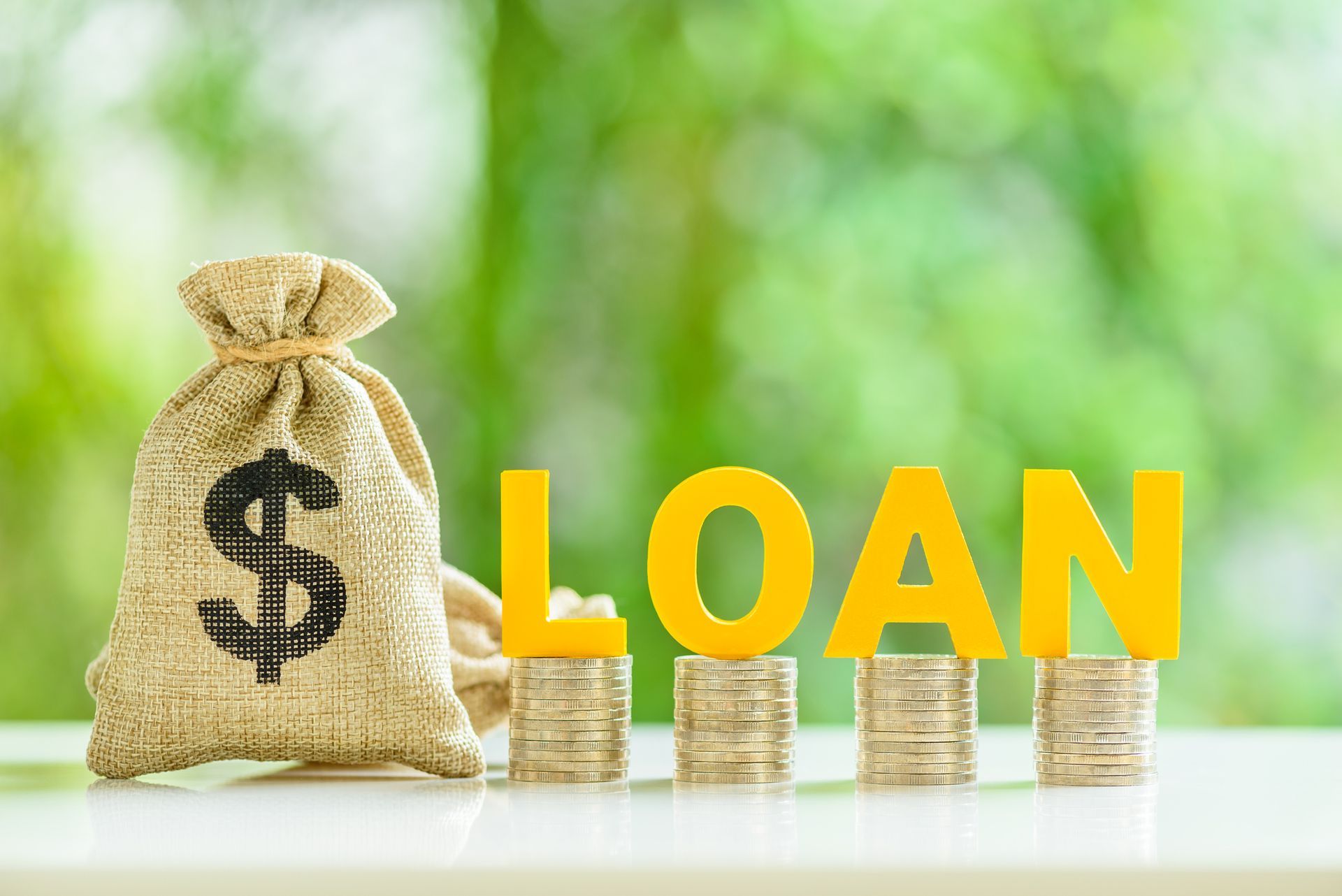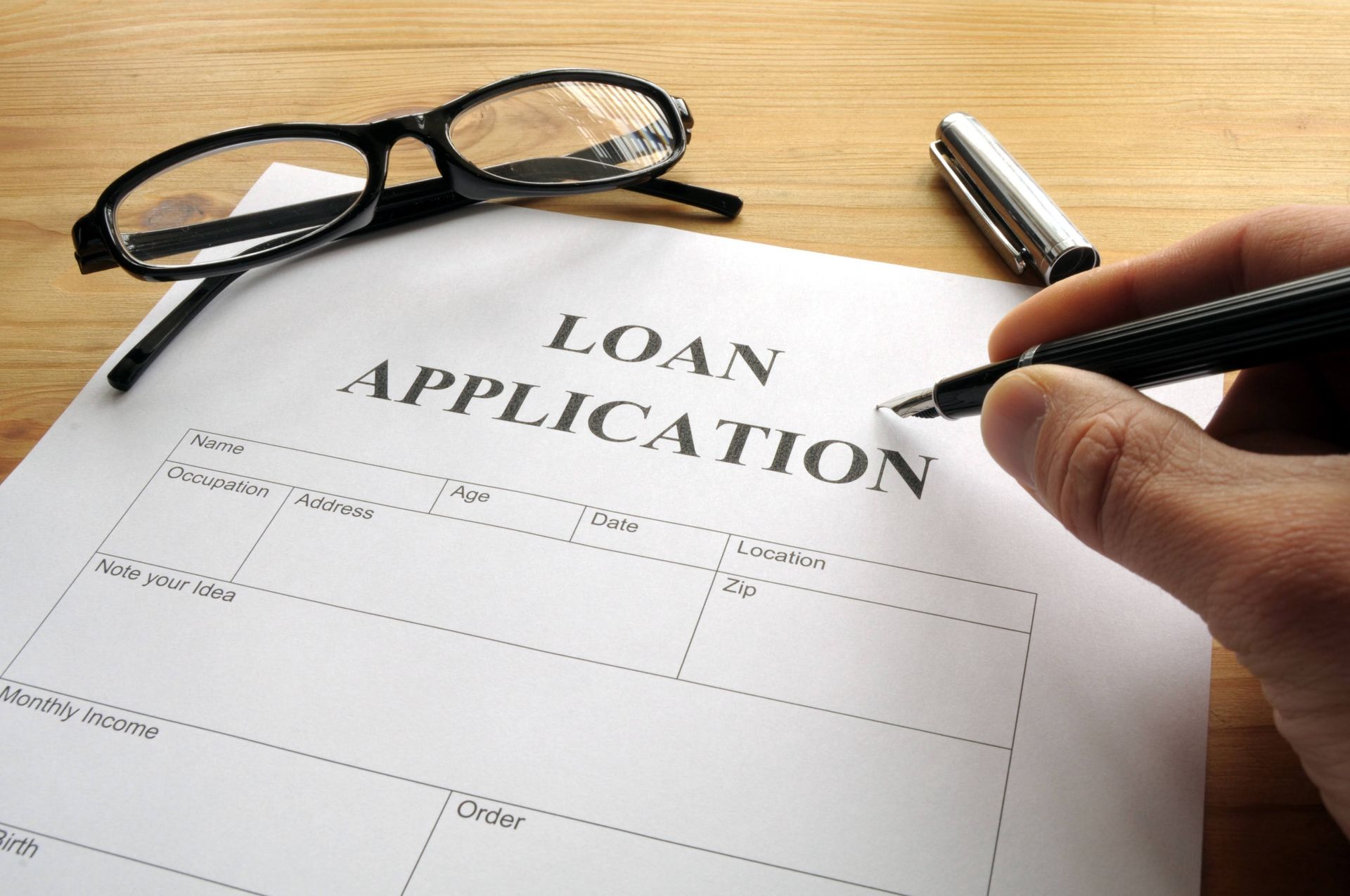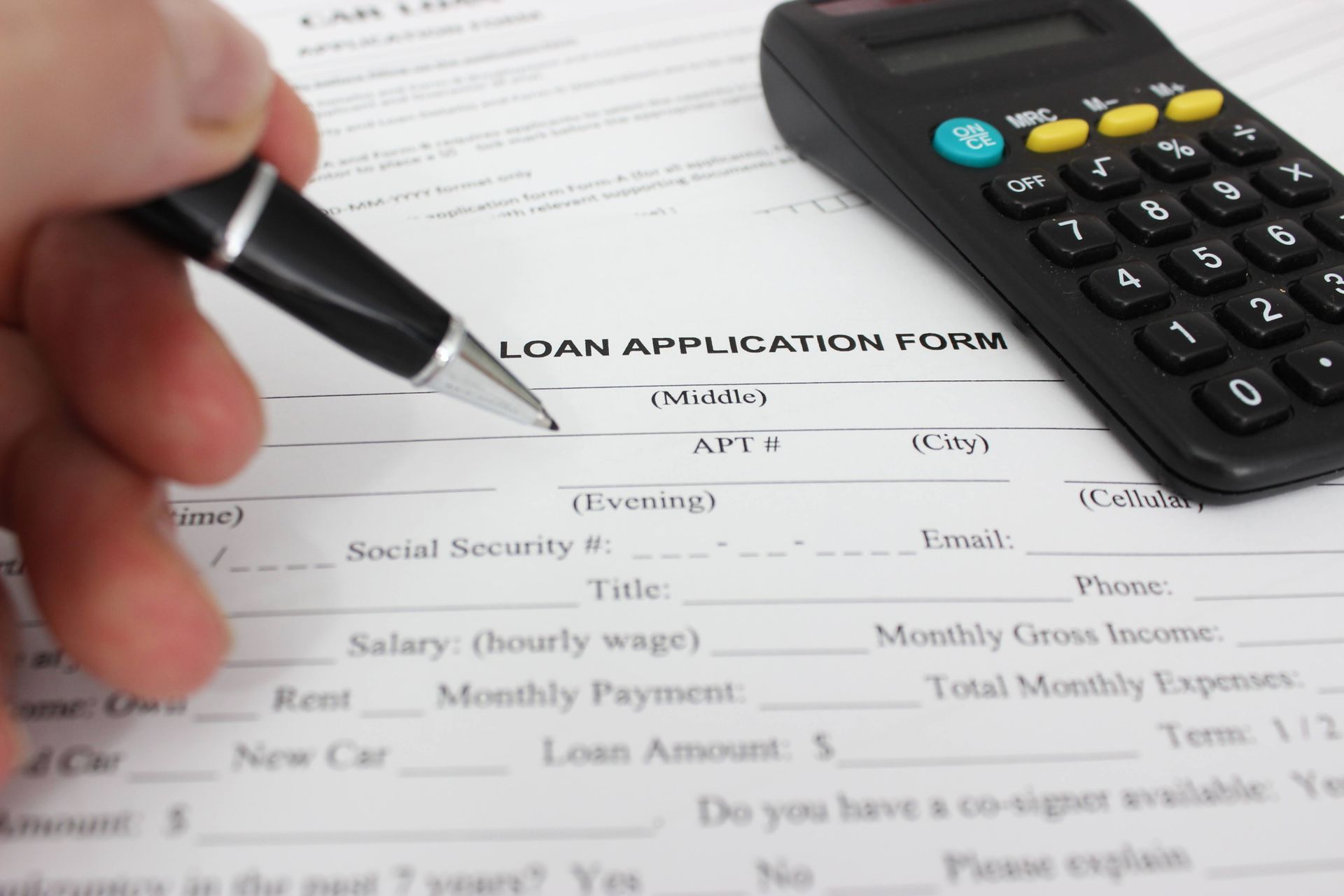Answers to Frequently Asked Questions About Debt Consolidation Loans
If you overspend or your most viable option to pay for necessities is with a credit card, you can easily fall into debt. However, you may find it strenuous to get out of the debt if your monthly payments and interest rates are high. If you have multiple debts that you can't afford to pay off, you can start to progress with a debt consolidation loan.
Read on to find answers to top inquiries about debt consolidation loans.
Is a Debt Consolidation Loan Same as a Personal Loan?
Debt consolidation and personal loans are similar, but there is one difference between them. You can use a personal loan for medical expenses, vacations, debt consolidation, and auto repairs. Lenders deposit personal loan proceeds into your account, and you aren't restricted on how to use the money.
On the flip side, you must use a debt consolidation loan to specifically pay off existing debts. However, if you use your personal loan to pay other loans, you make the personal loan a consolidation loan. Your lender can deposit the consolidation loan into your account and some can even pay your creditors directly.
How Do I Choose a Favorable Consolidation Loan?
Not all consolidation loans have similar terms, so shop around to find the most favorable option. Factors to consider for a lender are as follows:
- Interest rates. Shop interest rates because you wouldn't want to take a high-interest loan to pay for another loan. You may end up in worse debt than you currently have.
- Monthly payments. Make sure you can afford the payments. If the monthly payments are high, you will take a shorter time to repay but may strain you financially.
- Repayment period. A shorter repayment time attracts lower interests than long-term repayments, this could help tremendously. But like all items in your budget, make sure you can afford the payment.
How Can I Qualify for a Debt Consolidation Loan?
Every lender has unique requirements for you to qualify for debt consolidation. However, some considerations are common in many lenders. These factors include your income, credit score, debt-to-income ratio, and the likelihood that you will repay the loan.
Whereas lenders are likely to consider you if you have a good credit score, debt consolidation loans for bad credits exist. The drawback is that you will pay a higher interest loan, which increases your loan's cost. You may also need a cosigner or collateral if you have a bad or fair credit score.
When Should I Avoid a Debt Consolidation Loan?
A debt consolidation loan is wise under the right circumstances but isn't always the best option. You stand to worsen your financial situation with debt consolidation if you:
- Don't have many high-interest rates
- Your new debt-to-income-ratio still doesn’t allow for timely payments
- Spend poorly and aren't ready to change your habits
- Have little debt that you can pay off in less than one year
Will Debt Consolidation Hurt My Credit Score?
Whereas debt consolidation improves your credit score, your credit score may temporarily hurt in the short term. Any time you borrow money and the lender does a hard inquiry, this could reduce your credit score.
However, you shouldn't be so worried about the reductions because they’re typically only a few points and last for only a few months. Make your credit payments on time to recover and improve your credit score.
Consolidation loans help you pay other debts faster, that's not an automatic ticket out of the debt cycle. If you overspend after you become debt-free, you could fall into more debt. Financial guidance and expertise knowledge go a long way to keep you on track. Don't hesitate to contact Ardmore Finance for in-depth loan services.









